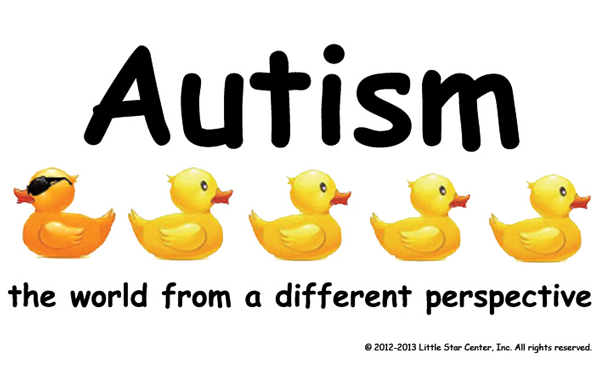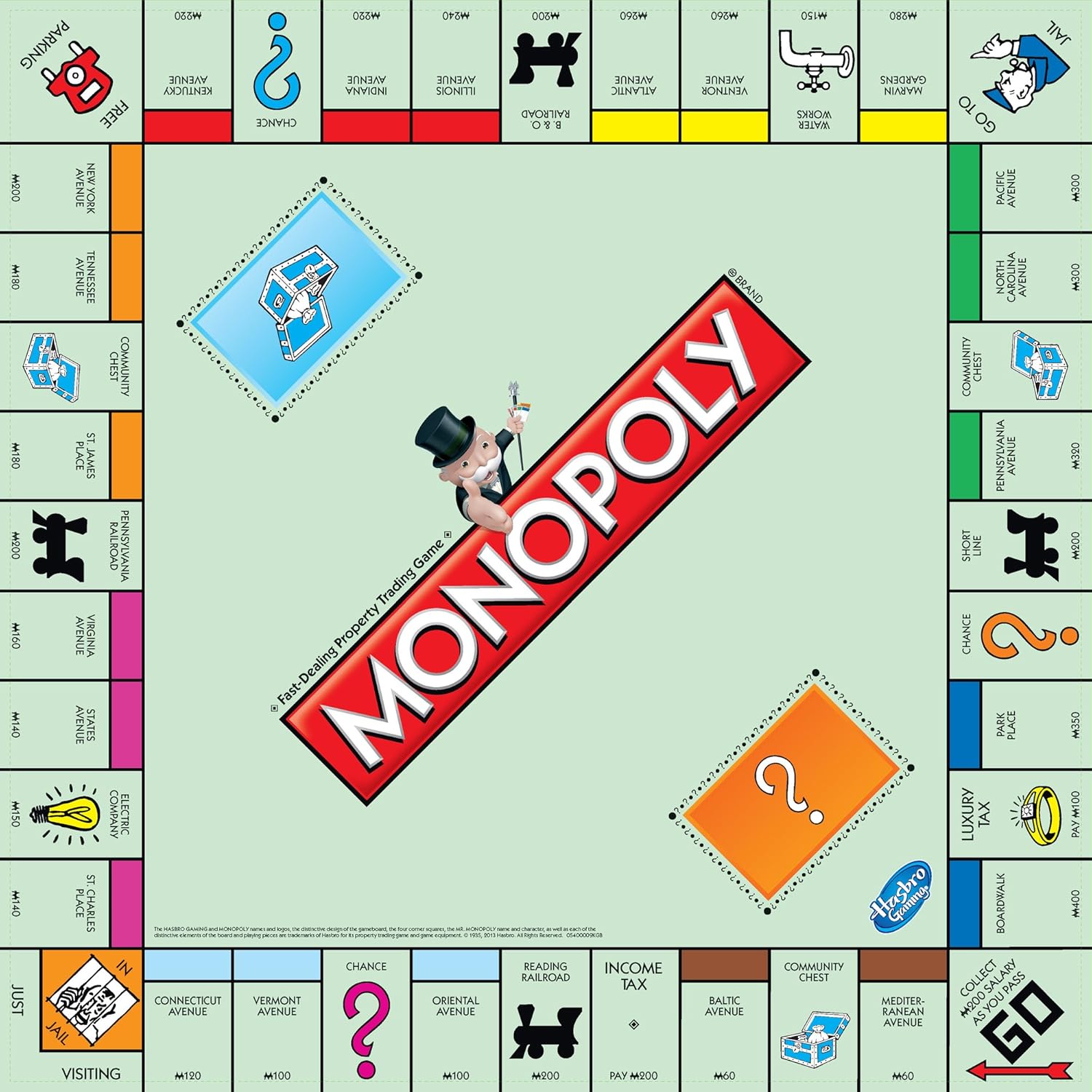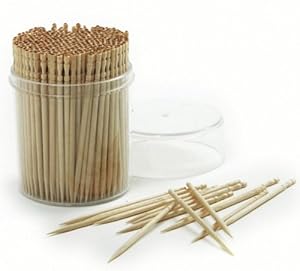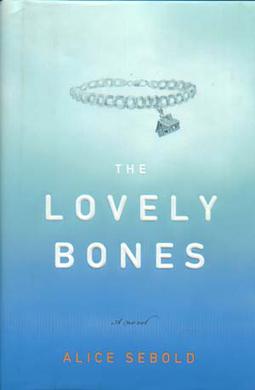 It is Thursday and I need to be at a class in half an hour, but Ron has taken the car out to the drugstore and is not yet back. I tap my foot, both in impatience and indecision. Allen is home from work; I could ask him to drive me. As his Thursday schedule stipulates, he has fixed supper for the family tonight--even now the sliced turkey and gravy with their watery mashed potatoes sits congealing in a casserole dish on the kitchen table--and gone upstairs to rest. Interfering with Allen's schedule or asking him to change it in any way is taking a big risk. I never quite know how my autistic adult son will react. In the year since his diagnosis, I've learned a lot about living on the edge of the autism spectrum. With some help and support from Occupational Vocational Rehabilitation, he's learned to hold down a full time job and interact in limited social situations. But it all takes a lot of energy, and early evening naps are now an ingrained habit.
It is Thursday and I need to be at a class in half an hour, but Ron has taken the car out to the drugstore and is not yet back. I tap my foot, both in impatience and indecision. Allen is home from work; I could ask him to drive me. As his Thursday schedule stipulates, he has fixed supper for the family tonight--even now the sliced turkey and gravy with their watery mashed potatoes sits congealing in a casserole dish on the kitchen table--and gone upstairs to rest. Interfering with Allen's schedule or asking him to change it in any way is taking a big risk. I never quite know how my autistic adult son will react. In the year since his diagnosis, I've learned a lot about living on the edge of the autism spectrum. With some help and support from Occupational Vocational Rehabilitation, he's learned to hold down a full time job and interact in limited social situations. But it all takes a lot of energy, and early evening naps are now an ingrained habit.
The clock ticks away and I decide to risk it. One tap on his bedroom door, one softly-voiced query. So I make the move, and he--astoundingly--answers. "What?"
"Dad's not home yet," I explain. "And I need to be to Kingswood in half an hour. Can I borrow your car? Or can you take me?"
There is a long, long pause. I see the second hand on my watch spin around the circumference twice, but I do not tap again. One does not rush Allen, who needs time to process and time to answer.
"Just a minute," he says. It is good news. He has not ignored me nor gone back to sleep. True to his word, he appears with his sneakers in hand, dressed in his flannel pajamas with a sweatshirt pulled over his head. "I'll take you."
"Great!" I say and gather my two book bags together, giving him no chance to change his mind. We make it down the steps in tandem. Allen bargains me into buying him a Monster drink and a pretzel at WaWa. "Sure," I say and we step out into the May evening.
Things are going well. So well that I venture to ask another question. I begin hesitantly. "I know it's not on your schedule..."
He shakes his head. "Then I can't do it." End of discussion.
I try again. "Just listen, please. I know it's not on your schedule, I understand that, but could you possibly do the dishes? I know you cooked and all, but I won't be home until 8:30 and I don't want to face the dishes then."
"I wish I could," he says, "but it's not on my schedule. So, no, I can't." I can picture the schedule on the refrigerator, the elaborate spreadsheet that helps my son function in a world he finds alien.
"Just this once," I cajole. "I do things that aren't on my schedule all the time. Can't you--just this once--be flexible?"
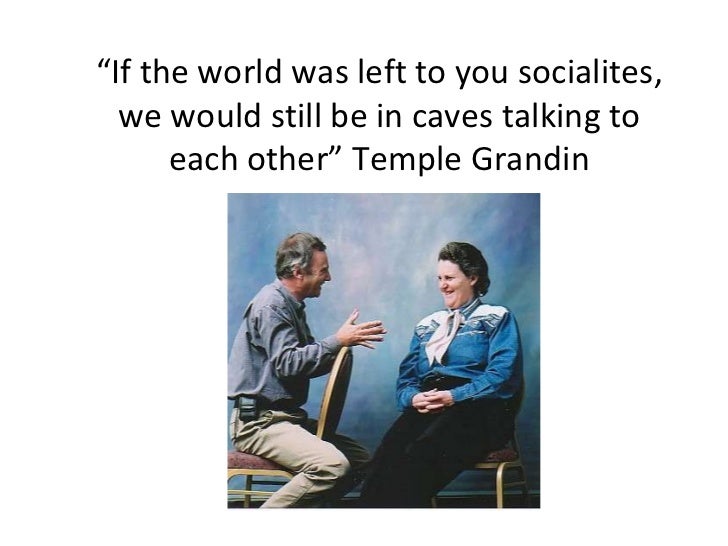 Even as I say it, I know it is wrong of me to expect a positive response. Allen does not stick to his schedule with engineering precision because he wants to; it is because he needs the order it provides to him. As Therese Jolliffe--a psychologist with autism--observed, the routines of autistics introduce order into the confusing reality of life. The carefully structured weekly map keeps unexpected changes, which have the potential to throw Allen into a meltdown, at bay.
Even as I say it, I know it is wrong of me to expect a positive response. Allen does not stick to his schedule with engineering precision because he wants to; it is because he needs the order it provides to him. As Therese Jolliffe--a psychologist with autism--observed, the routines of autistics introduce order into the confusing reality of life. The carefully structured weekly map keeps unexpected changes, which have the potential to throw Allen into a meltdown, at bay.
And I have already asked Allen to step outside of the safe schedule today. He is in the car, in his pajamas, ready to drive me to the class I need to teach. He is already outside his comfort zone. I am, I realize, pushing my luck.
But I push a little further anyway. "I understand the need for your schedule, " I tell him. "I really do. But sometimes I need a little more help than your schedule permits. Just once in a while. That's all. I do things that aren't on my schedule all the time."
My son shakes his head a bit sadly. "I wish I could," he says. "But I'm not like you. We just have to deal with it. I do the best I can, Mom. Honest."
"I know. Really, I do know that," and my mother's heart aches for this child who lives his life in a world foreign to him. "I like you the way you are. Schedule and all. Thanks for taking me. I know you had to change your routine for me."
He grins at me, his blue eyes sparkling. "You are I are real different, Mom. But I like you the way you are, too. And I wish--I really do--that I could be more like you."
I reach for my seat belt to fasten it in place, distracted by the two hours of class time ahead of me and the congealing casserole the cats are probably feasting on as we speak. "And how am I?" I ask, pretty sure that controlling and demanding is somewhere on the list.
"Amazing," he says as he puts the key into the ignition. "You are just amazing. And I..." he turns the key and the engine purrs to life," am lucky to have you."
